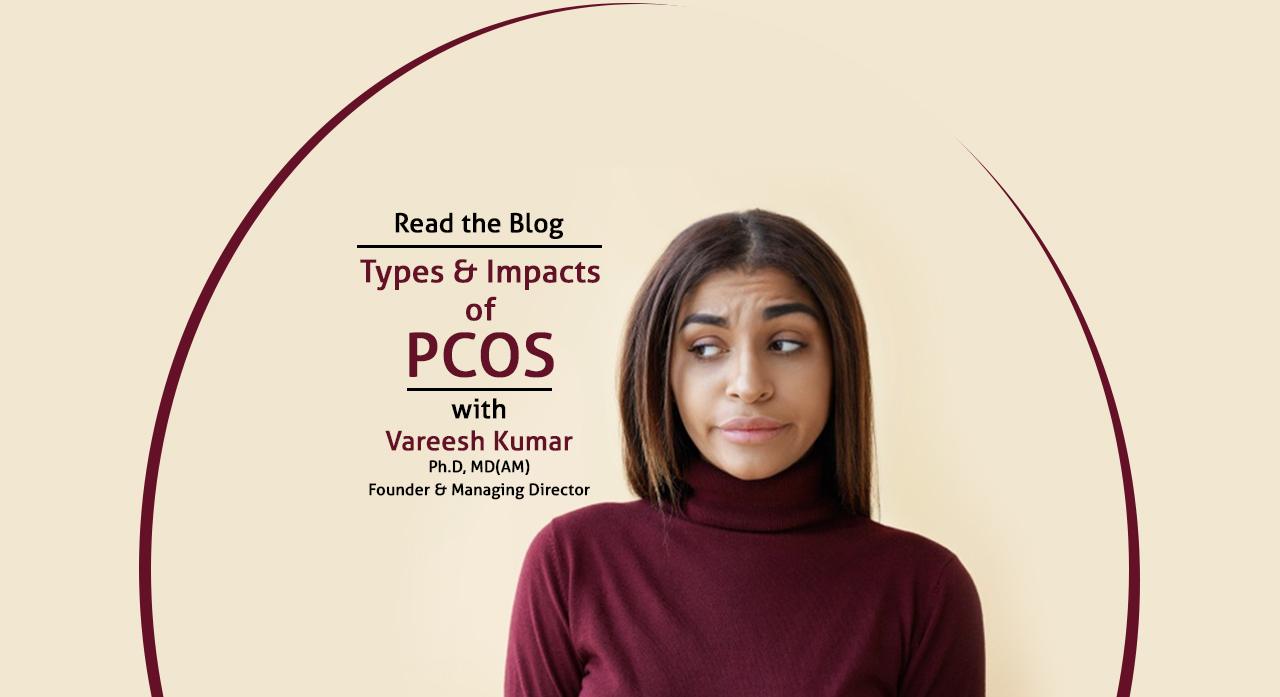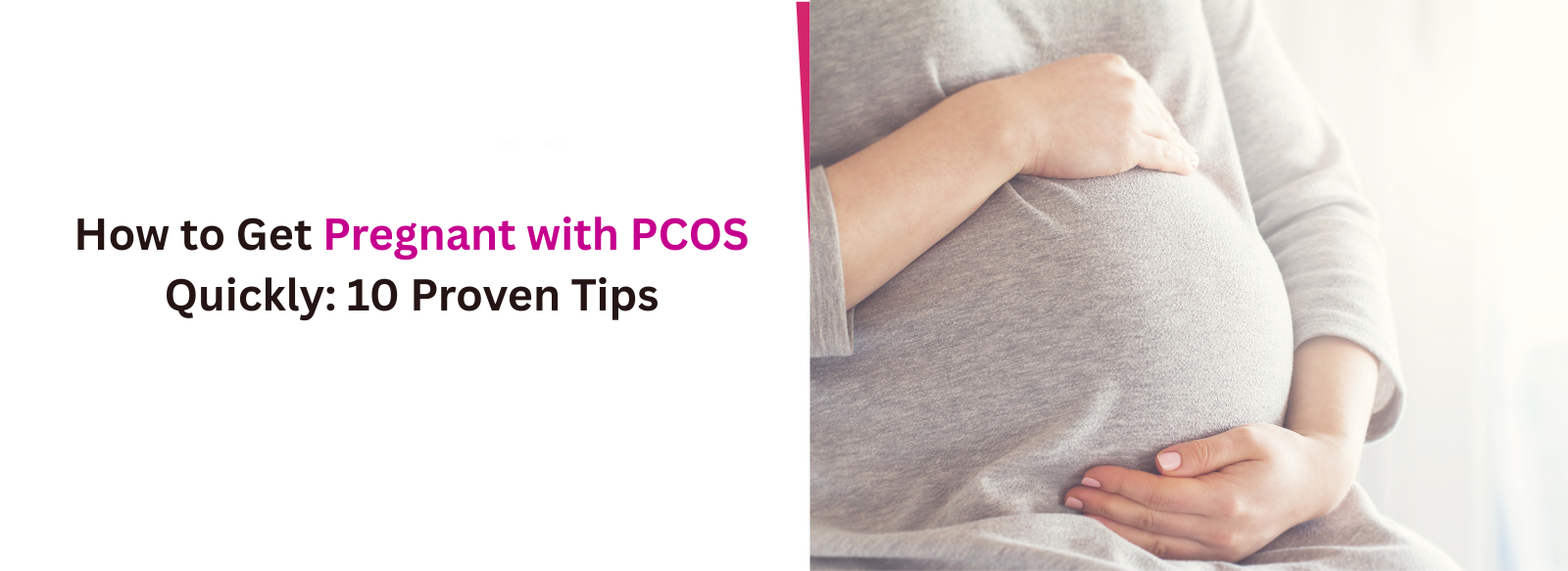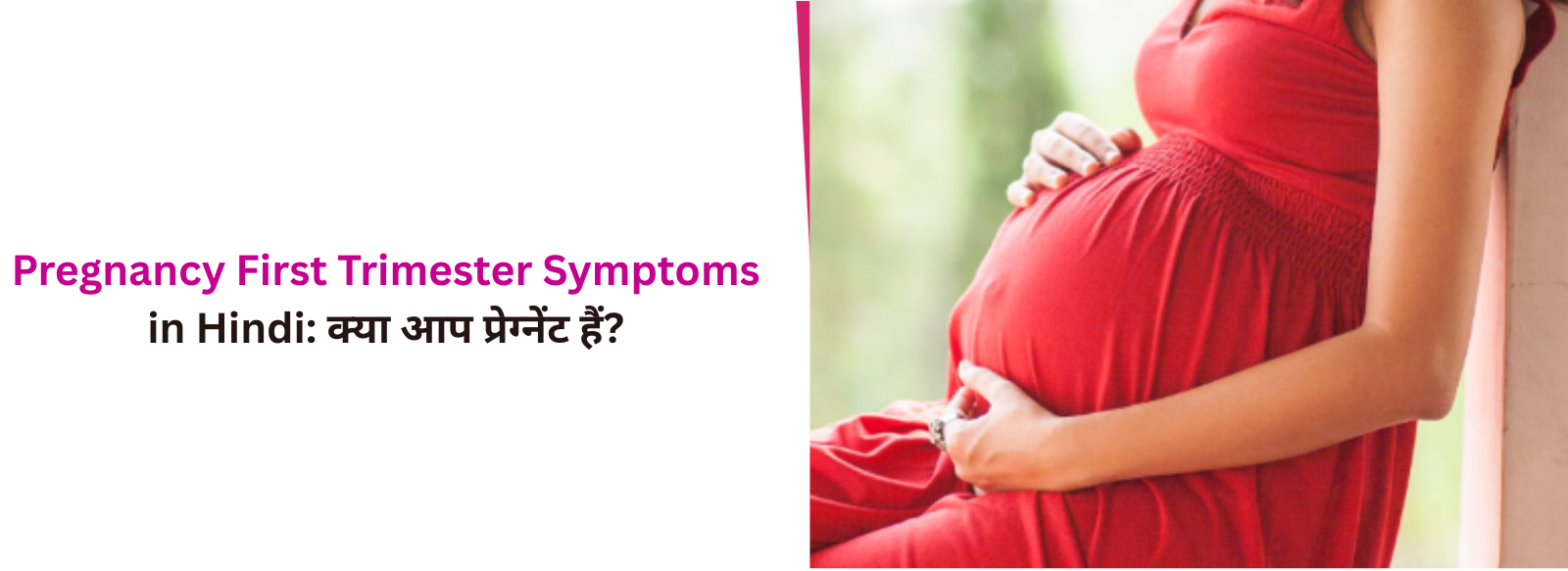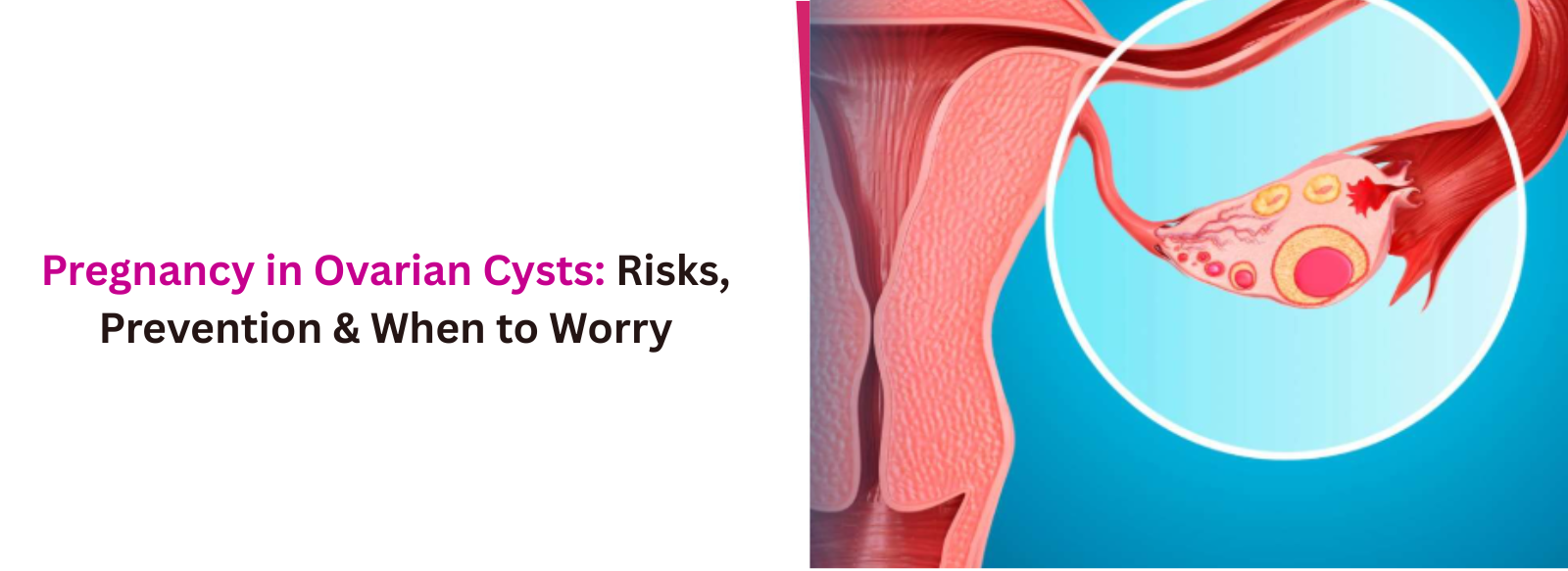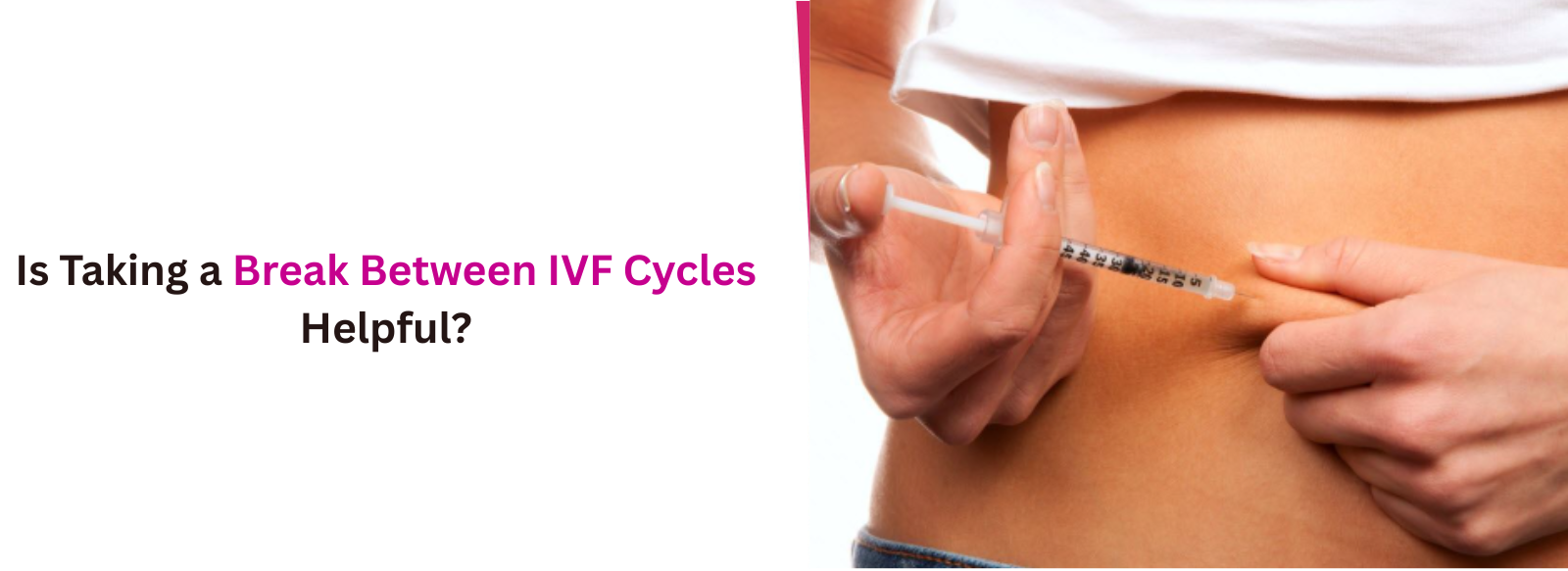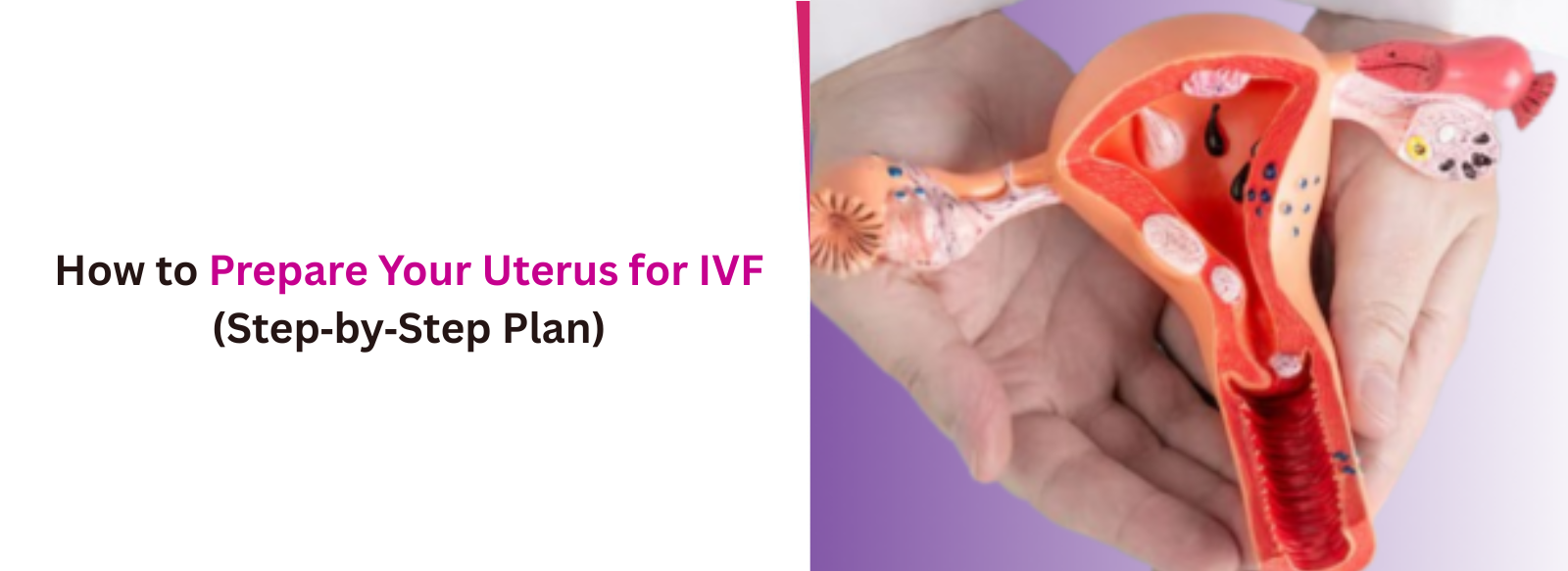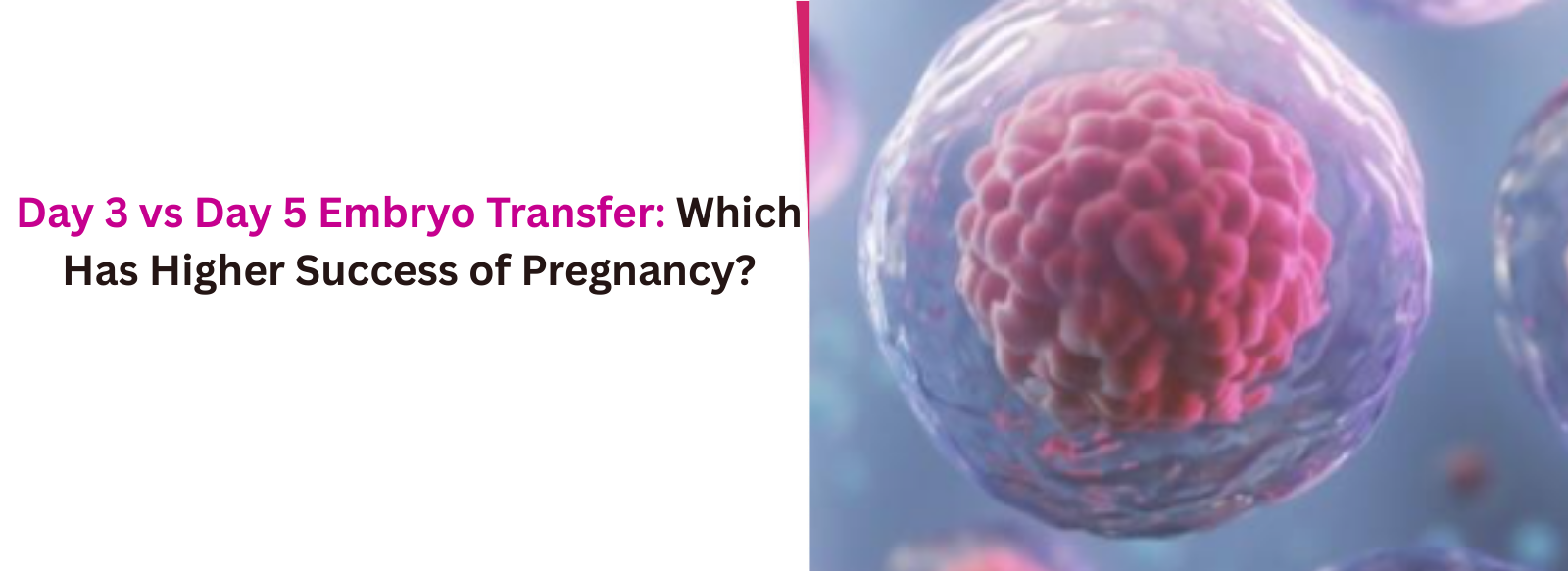PCOS Symptoms and Treatment are widely discussed topics due to the rising cases of
Polycystic Ovary Syndrome (PCOS) among women. This hormonal disorder disrupts menstrual cycles, metabolism, and fertility, affecting overall well-being. Common symptoms include irregular periods, excessive hair growth, acne, and weight gain, primarily driven by insulin resistance and androgen excess. While PCOS has no definitive cure, timely intervention through medical treatments, lifestyle changes, and natural remedies can help manage its impact. Understanding its root causes and available solutions is essential for long-term health and prevention of complications like diabetes, infertility, and heart disease.
What is PCOS Disorder?
Polycystic Ovary Syndrome (PCOS) is a hormonal disorder affecting women of reproductive age. It occurs due to an imbalance in androgens (male hormones), insulin resistance, and irregular ovarian function. This condition influences menstrual cycles, metabolism, and overall health. Women with PCOS often struggle with weight, fertility, and long-term health risks such as diabetes and heart disease.
Symptoms of PCOS
PCOS presents a wide range of symptoms, which may vary from woman to woman. Some women experience mild signs, while others face severe disruptions in their daily lives. The most common symptoms include:
Irregular Menstrual CyclesWomen with PCOS may have infrequent, prolonged, or completely absent periods due to anovulation (lack of ovulation). The normal cycle length is 28-35 days, but PCOS can cause cycles to extend beyond 45 days or result in fewer than eight periods per year. This irregularity is due to excess luteinizing hormone (LH) and androgen levels, which prevent proper egg development and release.Read More-
पीरियड लाने का उपाय (घरेलु नुस्खे & दवाइयां) | डॉक्टर्स क्या कहते हैं ?Excess Hair Growth (Hirsutism)
Elevated androgen levels lead to excessive hair growth on the face, chest, back, and stomach, a condition called hirsutism. Around 70% of women with PCOS experience this due to increased levels of testosterone.
Acne and Oily Skin
Overproduction of sebum (skin oil) results from hormonal imbalances, leading to persistent acne, cystic breakouts, and oily skin. This is commonly seen around the jawline, chin, and forehead.
Weight Gain and Obesity
Women with PCOS struggle with unexplained weight gain due to insulin resistance. This metabolic issue prevents the body from using insulin efficiently, leading to fat accumulation, particularly around the abdomen.
Thinning Hair and Scalp Issues
PCOS can cause female pattern baldness, where hair becomes thin on the scalp but remains thick on other body parts. This occurs due to excess androgens shrinking hair follicles over time.
Mood Swings and Fatigue
Hormonal fluctuations impact serotonin levels, leading to mood swings, anxiety, depression, and chronic fatigue. Sleep disturbances are also common due to high cortisol levels (stress hormone).
Causes of PCOS
The exact cause of PCOS is unknown, but several factors contribute to its development:
Hormonal Imbalance
PCOS is primarily driven by excess androgens, particularly testosterone and DHEA-S (Dehydroepiandrosterone sulfate). These hormones prevent ovulation, causing cysts to form in the ovaries.
Insulin Resistance
Around 70% of women with PCOS have insulin resistance, where the body fails to use insulin efficiently. This leads to high blood sugar levels, which signal the ovaries to produce more androgens, exacerbating PCOS symptoms.
Genetic Factors
PCOS tends to run in families. If a mother or sister has it, the chances increase significantly. Specific genes linked to hormonal regulation and metabolism are often inherited.
Inflammation
Low-grade chronic inflammation is common in women with PCOS. It triggers increased androgen production, further worsening symptoms. High C-reactive protein (CRP) levels indicate an inflammatory response in PCOS patients.
Lifestyle Factors
Poor diet, lack of exercise, and high-stress levels contribute to worsening PCOS symptoms. Consuming processed foods, high sugar, and trans fats increases insulin resistance.
PCOS and Its Impact on Health
PCOS is not just about reproductive health—it affects the entire body. The long-term consequences include:
- Infertility: Irregular ovulation makes conception difficult. Many women require fertility treatments such as ovulation-inducing medications (Clomiphene, Letrozole).
- Type 2 Diabetes: Due to insulin resistance, PCOS increases the risk of prediabetes and diabetes.
- Heart Disease: High cholesterol and triglyceride levels contribute to cardiovascular risks.
- Depression and Anxiety: Hormonal imbalances affect brain chemistry, leading to emotional instability.
- Endometrial Cancer: Irregular ovulation results in prolonged estrogen exposure, raising the risk of uterine cancer.
Treatment & Management of PCOS
There is no cure for PCOS, but symptoms can be managed through medical, lifestyle, and natural interventions.
Medical Treatments
- Birth Control Pills: These regulate menstrual cycles, lower androgen levels, and reduce acne. Combination pills containing estrogen and progestin are commonly prescribed.
- Anti-Androgen Medications: Drugs like Spironolactone help reduce hair growth and hair loss caused by excessive androgens.
- Metformin: A diabetes medication that improves insulin sensitivity, helping regulate blood sugar and menstrual cycles.
Lifestyle Changes
- Low Glycemic Index (GI) Foods: Whole grains, legumes, and fibrous vegetables stabilize blood sugar.
- Protein-Rich Diet: Lean meats, eggs, and nuts improve metabolism.
- Omega-3 Fatty Acids: Found in fish and flaxseeds, they help balance hormones.
- Strength Training & Cardio: Enhances insulin sensitivity and weight control.
- Yoga & Meditation: Reduce cortisol and promote hormonal balance.
- Prioritizing good sleep and reducing caffeine intake supports hormonal health.
- Deep breathing exercises improve adrenal function, reducing PCOS symptoms.
Natural Remedies
- Spearmint Tea: Known to lower testosterone levels.
- Inositol Supplements: Help improve ovarian function and insulin sensitivity.
- Ayurvedic Herbs: Shatavari, Ashwagandha, and Turmeric are beneficial for hormonal balance.
When to See a Doctor?
- If menstrual cycles are severely irregular or absent.
- If experiencing persistent acne, excessive hair growth, or rapid weight gain.
- If trying to conceive without success for over a year.
- If facing severe mood swings, anxiety, or signs of insulin resistance (darkened skin patches).
Managing PCOS requires a holistic approach combining medical intervention, lifestyle improvements, and natural remedies. Early diagnosis and proactive care help in preventing complications and ensuring a healthier future.
Final Thoughts
Managing
PCOS Symptoms and Treatment requires a comprehensive and personalized approach. While medications like birth control pills and Metformin regulate hormones, lifestyle modifications play a crucial role in controlling insulin resistance and hormonal imbalances. A balanced diet, regular exercise, and stress management significantly improve symptoms and overall health. Alternative therapies like herbal supplements and acupuncture also offer relief. Early diagnosis and consistent care can prevent severe complications and enhance quality of life. Women experiencing persistent symptoms should seek medical guidance to create a tailored plan for hormonal balance, reproductive health, and long-term well-being. Visit Vardaan
Best IVF Hospital in Jalandhar, in case you already have PCOS developed or you doubt you can have it and want a diagnosis and treatment.

